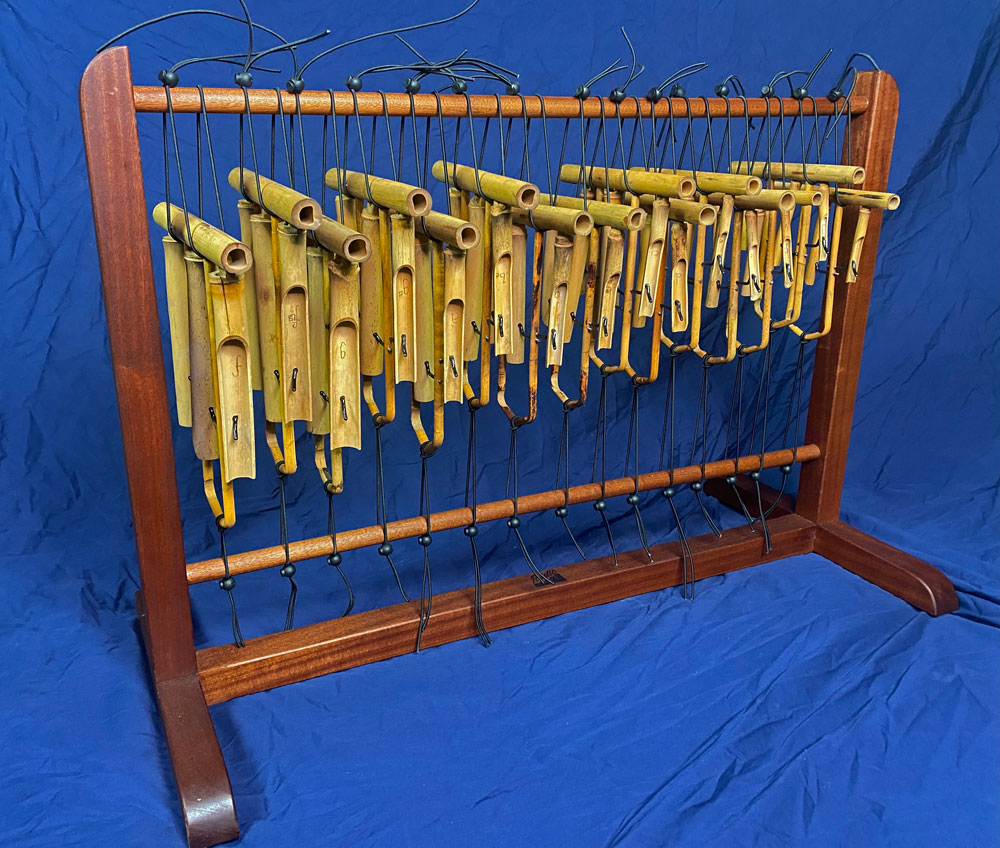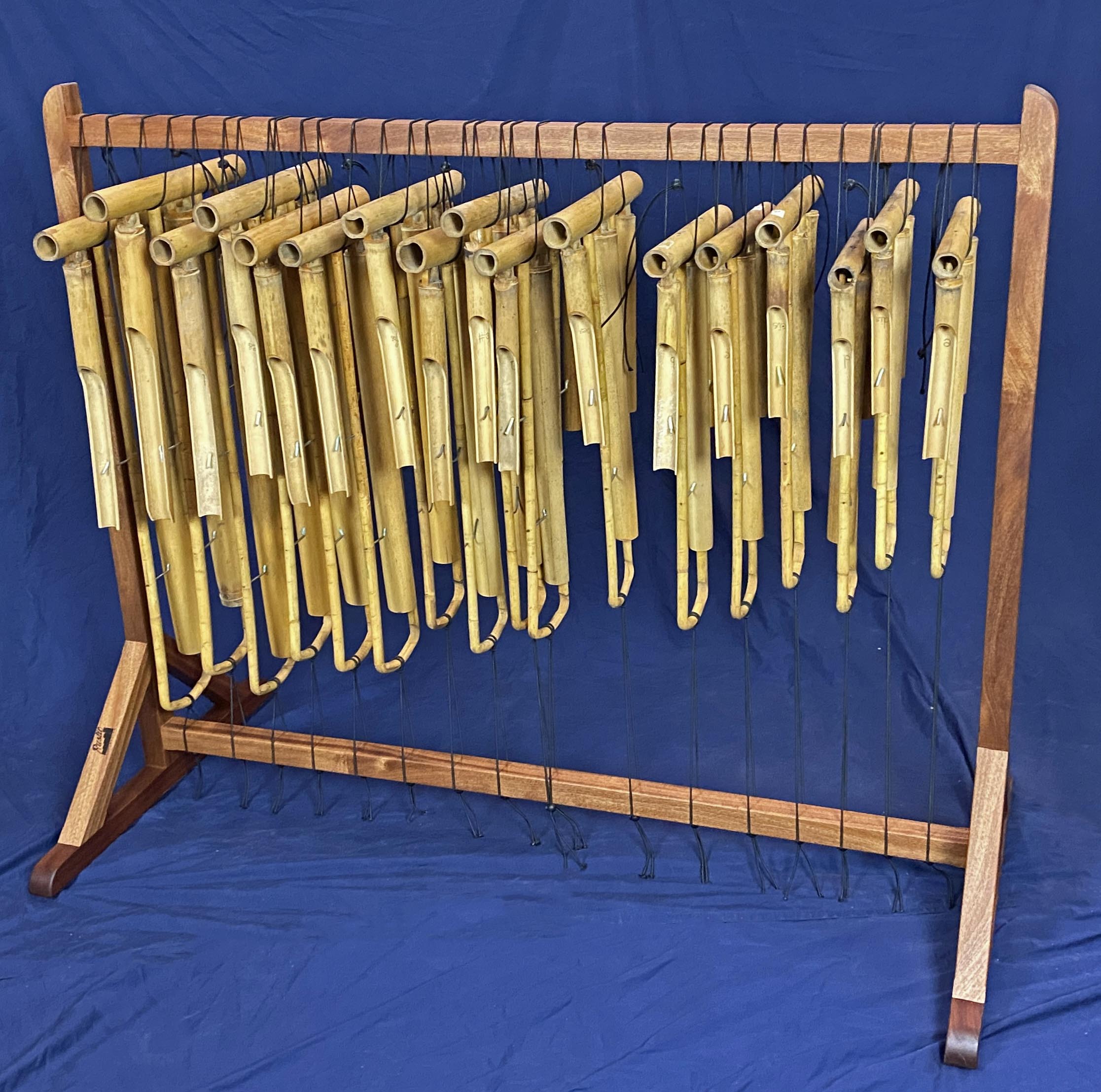Please note: these are just examples, as playing technique and mallet/stick choices often have a great effect on the timbre.
These sound excerpts, to the best of our knowledge (unless otherwise noted), include this actual instrument from our collection. To hear the instrument yourself, or to let us know of any errors, please contact us.

